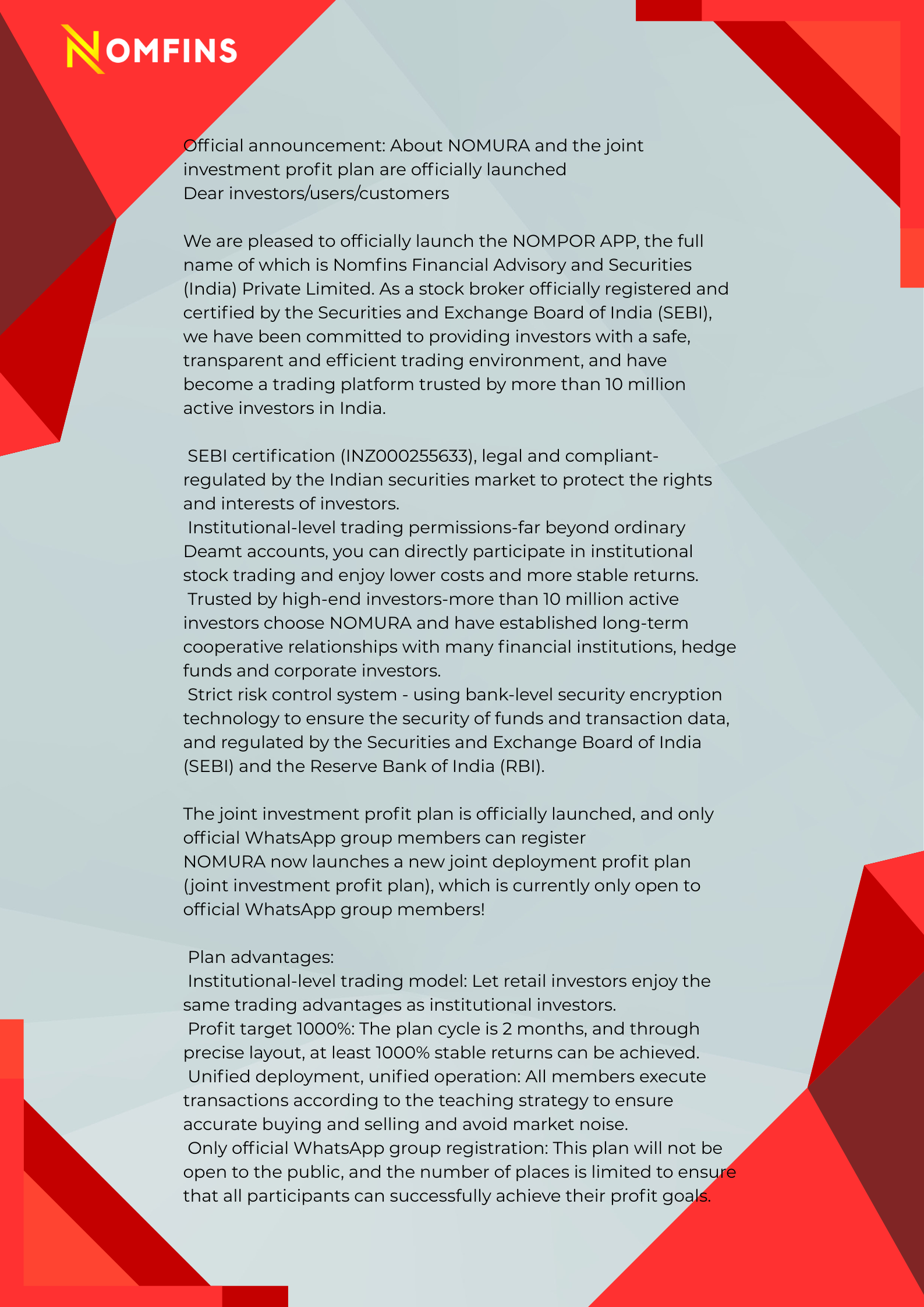Skip to content
Singapore Senior Minister of State Sim Ann on Navigating Geopolitics
Context
- The global economic and geopolitical landscape is undergoing profound shifts unseen since the Cold War’s end.
- Increasing geopolitical contestation, especially between the US and China, affects key flashpoints such as the Taiwan Strait and South China Sea.
- Ongoing conflicts in Ukraine, Gaza, and the Red Sea contribute to global uncertainty.
Key Challenges
- Fragmentation of Multilateralism and Globalization
The international consensus on multilateral cooperation is weakening.
- Rising Protectionism
More countries are imposing tariffs, export restrictions, sanctions, and investment controls to safeguard domestic industries.
- Supply Chain Restructuring
Increased on-shoring and friend-shoring force businesses to rethink operational and supply chain models.
- Impact on Small Open Economies
Countries like Singapore, heavily reliant on trade and investments, face serious implications from these shifts.
Singapore’s Guiding Principles & Strategies
- Alignment with National Interests
- Maintain extensive, substantive relations with both the US and China.
- Encourage peaceful coexistence between the two major powers for regional and global stability.
- Welcome open dialogues, such as recent US-China defense minister meetings.
- Strong Support for Rules-Based International System
- Advocate for strengthening and improving multilateral frameworks.
- Work towards restoring the WTO’s fully functioning Dispute Settlement System.
- Pursuit of Innovative Economic Partnerships
- Develop partnerships beyond traditional trade deals, e.g., Indo-Pacific Economic Framework for Prosperity and Digital Economy Partnership Agreement.
- These address emerging economic challenges and enhance broader cooperation.
- Diversification and Strengthening of International Position
- Continue efforts to diversify Singapore’s economy.
- Leverage ASEAN’s robust economic growth as a potential “center of gravity” in the global economy.
- Position Singapore as a preferred location for companies despite geopolitical tensions.
Outlook & Preparedness
- Transition from a unipolar to multipolar world may take decades, implying long-term uncertainty.
- Singapore’s trade-to-GDP ratio (~3x) underscores its exposure and need for strategic navigation.
- The government actively engages stakeholders across society to build resilience and adapt collectively to evolving global challenges.

